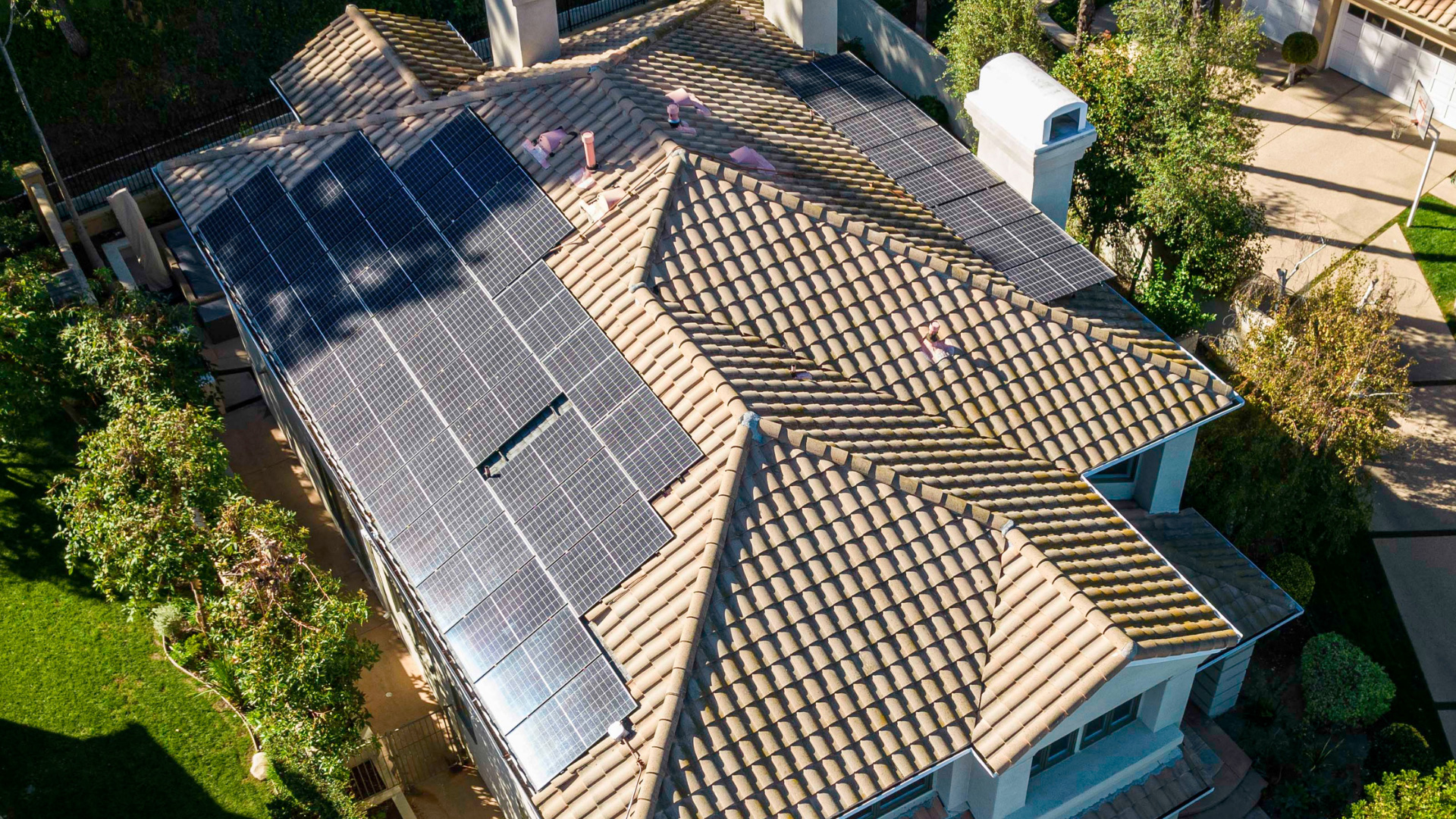Once you’ve determined that your home can support solar, the next most important question is, “How big should my solar system be?” Because the answer is region-specific, you’ll need to compare a range of technical and environmental considerations. Consumption rates, net metering rates and even legal/administrative concerns can also add up.
As complex as it may all seem at first, calculating the most appropriate solar system size is quite easy, particularly when you can rely on year-round sun and favorable regulatory policies. That’s all the more true if you have an industry leader helping you crunch the numbers and account for all essential factors when designing your solar system.
Factors Impacting Accurate Solar System Sizing
The main factors to consider when sizing a new solar system mostly come down to home energy usage and how well your chosen panels capture sunlight. In any state, you’ll need to balance the availability of sunlight with home energy usage patterns carefully. Determining your solar energy capacities and consumption rates requires accounting for:
- Total home energy consumption, normally measured in kW per month
- Roof size, angle and orientation to the sun
- Panel efficiency, which depends on solar panel quality and positioning
- Amount of sunlight, taking into account the ratio of clear vs overcast days
- Whether you want to supplement energy with the grid or replace it entirely
- The level of net metering returns you hope to generate
What Size Solar System Do You Need in Florida?
Based on the average home size in Florida, a 5kW solar system is usually an appropriate solution. A 5kW system can produce upwards of 4,250 watts per month. That’s usually more than enough for the average American household, which consumes about 10,500 kWh annually.
A 5kW system thus leaves safe margins, an especially important consideration in Florida, due to increased air conditioning usage. Florida also supports smaller solar systems, due to our increased amount of sun. Fortunately, the Sunshine State helps solar homeowners get more bang for their buck and maximize their renewable energy efficiency.
Other Factors Affecting Solar Energy Systems in Florida
Financial considerations also factor into how big your solar system should be. Florida’s tax policies are advantageous for homeowners going solar because property taxes don’t increase with the increased value solar panels bring to your home. Instead, your home’s tax rates are assessed without the panels, regardless of increased real estate value.
You’ll also have your choice of four different companies that offer net metering, where you can gain credit for excess energy you send back to the grid. Florida’s strong net metering policies have contributed to the state’s over 10,000% increase in interconnected renewable energy systems. Here, there are fewer obstacles than most other states to going solar and making it worth your while.
Custom-Designed Solar Systems for Maximum Savings and Efficiency
Going solar has never been easier (and more advantageous, in Florida). If you’re still wondering “How big should my solar system be?” the most reliable way to get exact figures is by scheduling a professional consultation with our solar sizing experts. We offer solar-related services to those in Polk County, Hillsborough County, Orange County, the Greater Orlando area, the Greater Tampa area and Central Florida.
Contact us to learn more about the benefits of going solar in Florida, or download Solar Optimum’s Ultimate Guide to Going Solar.






